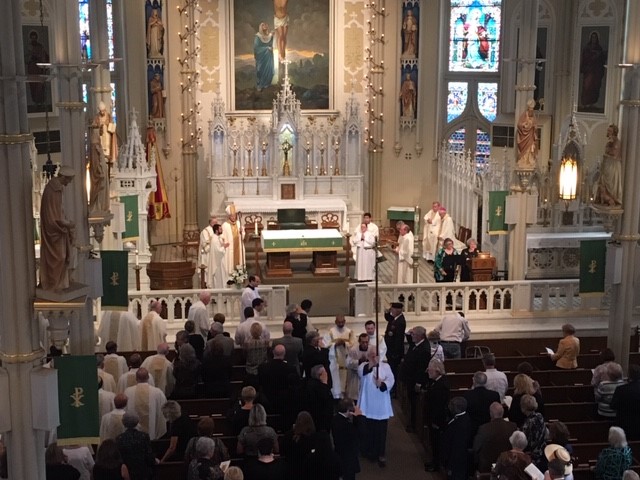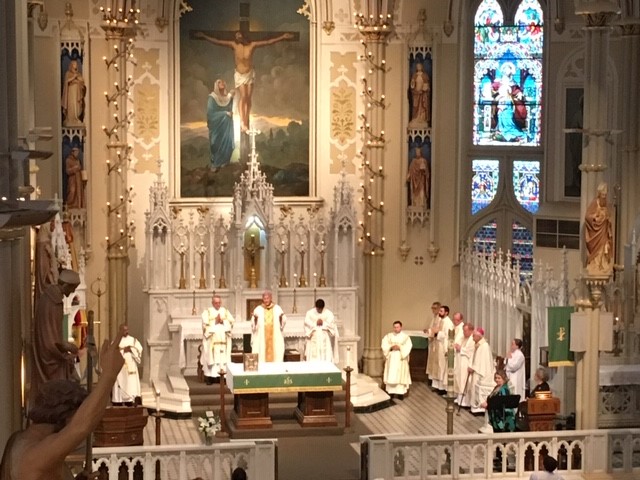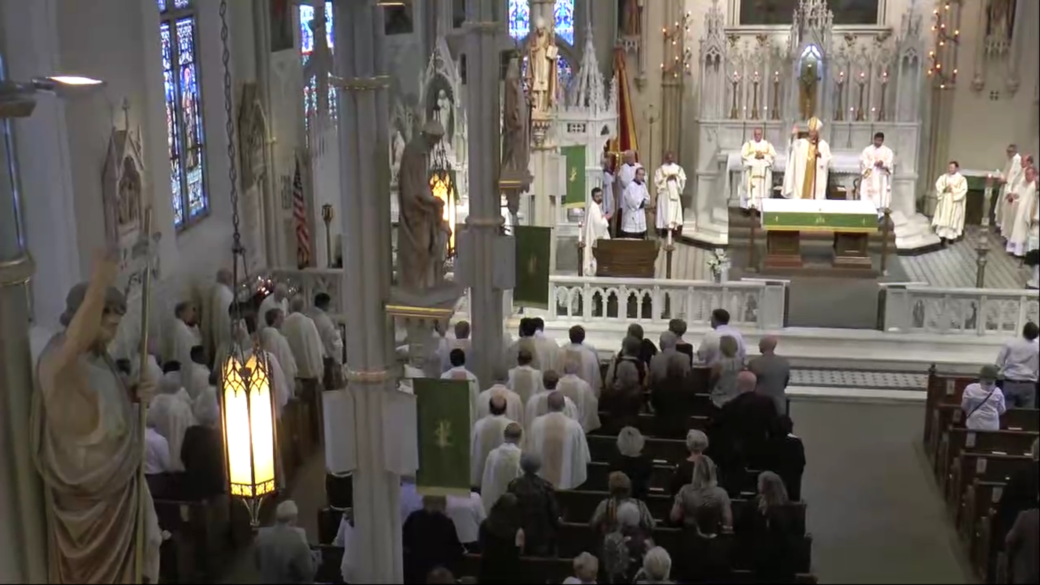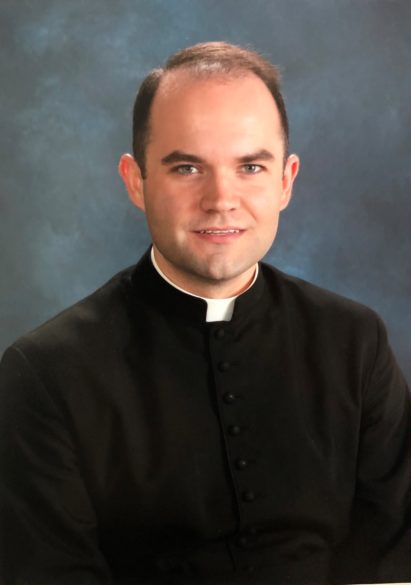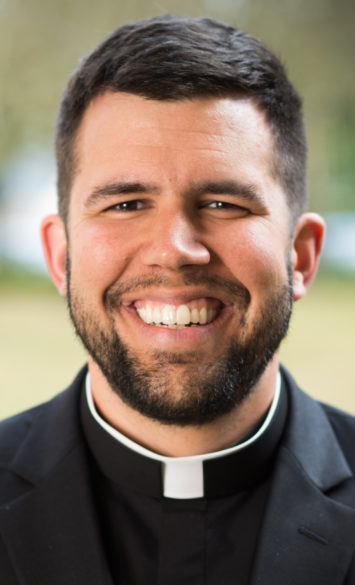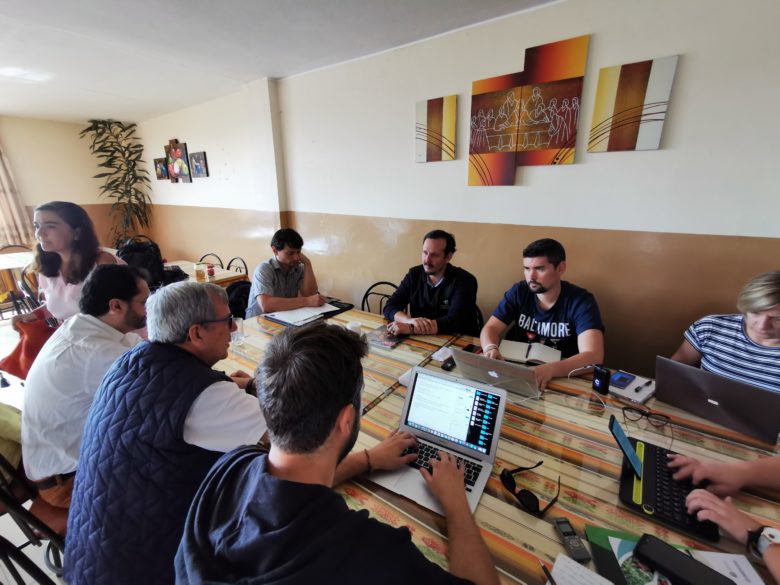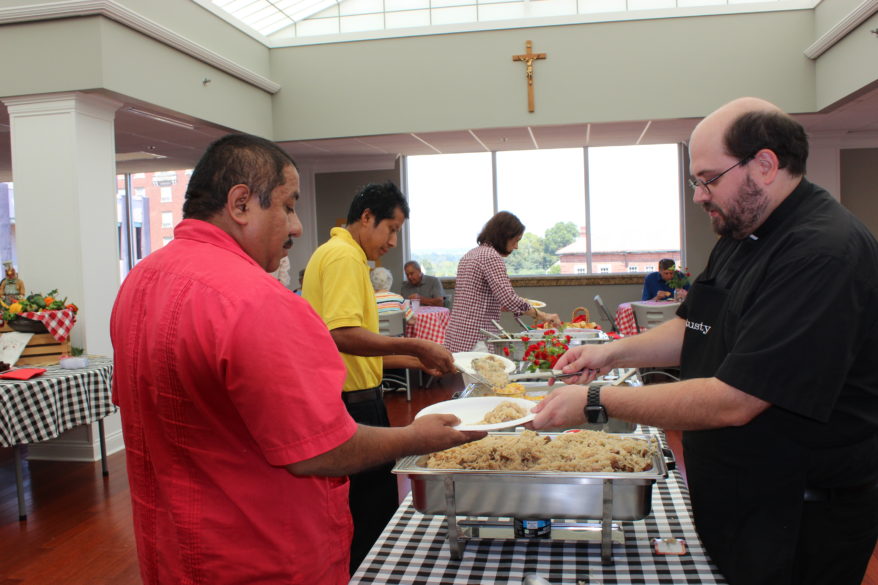(Editor’s Note: Frank Vollor is currently an attorney in Vicksburg. He felt moved to write a response to recent allegations of unfair treatment leveled against the Diocese of Jackson. His letter appeared in the Greenwood Commonwealth on Sept. 7 and the Clarion Ledger on Sept.15.
Contrary to the insinuation that the Catholic Church tried to cover up sexual abuse and was insensitive to the plight of the poor in the Clarion Ledger’s Sept. 5, 2019 article “Greenwood Man Struggles Still After Clergy Abuse,” the Catholic Church, in fact, aggressively pursued full disclosure of any abuse and attempted to provide spiritual, psychological and educational needs of the poor. In 1998, I was the Fitness Review Officer for the Diocese of Jackson when allegations of sexual abuse were first brought against Franciscan Brother Paul West by Rapheal Love, the brother of Joshua K. Love, the subject of the article. Paul West was the principal of St. Francis School in Greenwood.
I was asked to be the Fitness Review Officer on a volunteer basis because I had experience as an attorney prosecuting abuse cases and had helped establish the Child Abuse Prevention Center in Warren County.
In 1998, Rapheal Love first reported inappropriate touching and conduct by Brother Paul West to Brother Don Lucas. Brother Don Lucas in turn reported to others, who reported the allegation to me. I immediately contacted the Mississippi Department of Human Services who has an interest in child abuse cases. In addition, I reported the alleged abuse to the Greenwood police department. I have documents from the police department showing receipt of this abuse report. I then confronted Brother Paul West who strongly denied the allegation.
Even though Paul West was never prosecuted, indicted, tried or convicted and no judicial determination of abuse by civil authorities was made, the diocese proceeded as if the allegations were true. Brother Paul West was removed as principal and left Greenwood. He left the Franciscan order shortly thereafter. The diocese offered the entire Love family a liaison minister to meet their spiritual needs. In addition, the diocese offered professional psychological evaluation and counseling to Rapheal and the Love family to meet their psychological needs. At first, this psychological counseling was accepted by the Love family, but subsequently refused because they stated they were doing well.
After the reported abuse, the Diocese Review Committee authorized personal interviews to determine if there were additional allegations. The Diocese then arranged for an independent psychologist to conduct six workshops at St. Francis school. The workshops were age appropriate spanning four years old through 8th grade with visual aids including proper boundaries and where to seek help if boundaries are violated. These workshops where Joshua Love attended school did not reveal any further allegations of abuse. The diocese also sent a letter to all parents who had recently withdrawn their children from the school asking for their reasons and complaints. Again, no further abuse was identified.
When new allegations were made in 2018, 20 years later, I was not the Fitness Review Officer, but the official statement of the diocese indicates that the Franciscan Order of which Paul West was a member in 1998 is providing counseling, urged Joshua to have an attorney review any settlement, and settled with him. Again, that same year in 2018, the Diocese made public and published in the papers the new allegation as credible along with others. The Catholic Church aggressively pursued the allegations of sexual abuse and compassionately ministered to the families involved. The statements and insinuations concerning coverup and failure to hold church leaders accountable in that article are not true.
– Frank Vollor, Attorney at Law
The Diocese of Jackson is committed to ensuring that children served by the church are not at risk of sexual abuse by the Church personnel. Diocesan policies and procedures currently in place seek to protect, enhance and, in some cases, restore the trust that our faith calls for between agents of the Church and the children and adolescents entrusted to our care. The Diocese of Jackson wishes to encourage any victim of sexual abuse by a member of the Catholic Clergy to come forward and begin the healing process. We encourage any victim to contact Valerie McClellan, Victims Assistance Coordinator at 601-326-3728.

